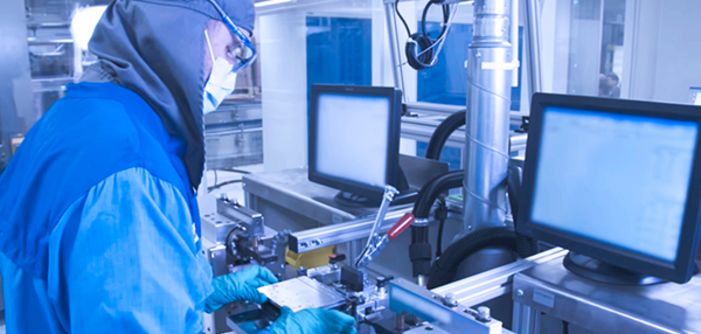Powertrain specialist Ricardo is to apply its experience in niche volume manufacturing, battery R&D, second life and recycling, complex supply chain management and strategic consultancy to try and improve the UK’s supply chain for important EV components. The company has announced that following government funding, it will assess the commercial viability of assembling battery packs for other UK manufacturers, which currently produce fewer than 10,000 EVs each year.
Although these UK manufacturers encompass a multitude of luxury, special and off-highway vehicles, the customer base is in the low thousands compared with the hundreds of thousands or millions of vehicles produced internationally for the mass market.
The project, funded by the Advanced Propulsion Centre’s Automotive Transformation Fund, and supported by the Department for Business, Energy and Industrial Strategy, is to investigate how battery hardware and component needs across a variety of business sectors can be achieved through an EV components UK supply chain.
“The UK automotive industry has a diverse mix of sector-leading manufacturers. The volume requirements and flexible product specifications of niche volume manufacturers are not aligned with the high-volume outputs from emerging gigafactories,” commented Martin Starkey, managing director for Ricardo Performance Products.
“A niche volume battery manufacturing facility will help to establish a robust supply chain for these critical electrification components. In doing so, it will deliver national competitive advantage for the UK, and support the mass adoption of electrification by making it more affordable, helping to contribute to the green bounce-back through sustainable practices. Ricardo’s future manufacturing strategy is very much aligned to this emerging need for electrified vehicle components. Leveraging our proven track record in industrializing technology, we are very pleased to have received the funding, which will enable us to pursue this strategy and help the UK reach its ambitious targets to achieve its net zero goals.”
Julian Hetherington, automotive transformation director at the Advanced Propulsion Centre, added, “As part of the second round of feasibility study funding by the Automotive Transformation Fund, we are pleased to make a funding award to Ricardo. This funding is a great start in supporting companies like Ricardo as they advance their future product development and manufacturing processes for a future net zero vehicle supply chain.”
The study will include an assessment of how a proposed facility could help minimize risks involved in ramping up innovation in new battery concepts to niche volumes. By using Ricardo’s wide-ranging expertise in the battery sector, it will explore ways to minimize the environmental impact of battery pack manufacturing by utilizing second-life processing and the recycling of elements used during construction.


